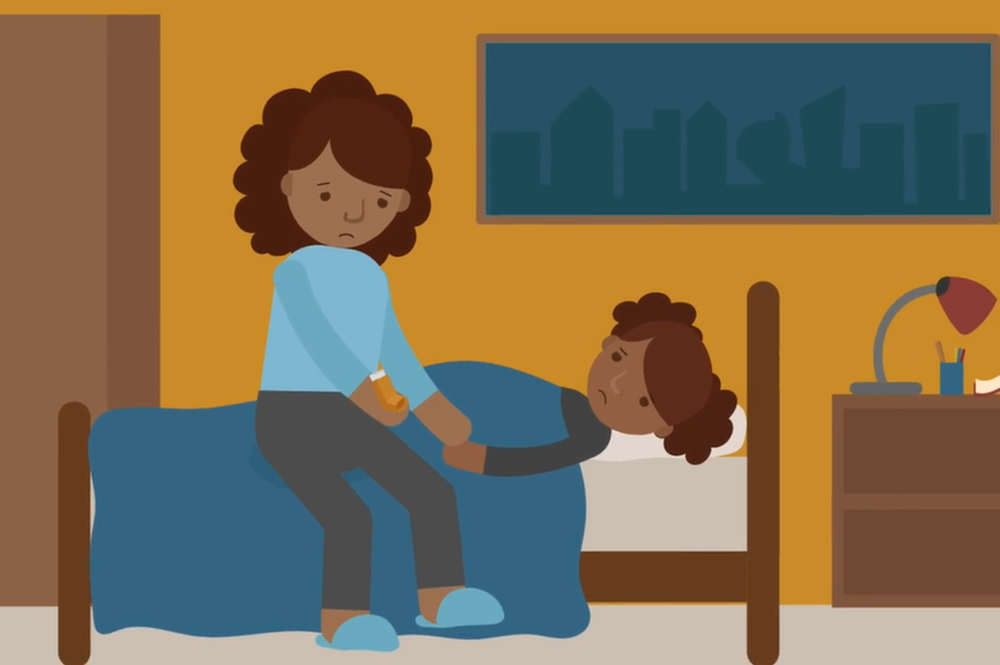



The COVID-19 pandemic has highlighted and intensified long-standing health inequities in the United States. It is more urgent now than ever to address profound and avoidable racial and socioeconomic health inequities in chronic illnesses like asthma.
Pediatric asthma is a significant contributor to health care utilization and spending, missed school days, and other negative social outcomes, and to overall health and well-being in American children. There is a particular burden of uncontrolled asthma symptoms in low-income, racial and ethnic minority, and urban children. In Baltimore City, 20% of children have an asthma diagnosis, which is more than double the national prevalence of 9%.
Asthma can be controlled in the majority of cases, but the lack of a comprehensive, population-wide approach to its management results in preventable emergency department visits and hospital admissions, as well as reduced educational opportunities and quality of life for children living with asthma.
In “The Unequal Burden of Pediatric Asthma: A Call for an Equity-driven, Multimodal Public Health Approach to Asthma in Baltimore,” Sarah LaFave, a doctoral candidate at the Johns Hopkins School of Nursing, looks at the scope of pediatric asthma in Baltimore and promising approaches for mitigating uncontrolled symptoms of asthma and reducing exposure to allergens and triggers. The report also offers recommendations for policy and systems-level strategies to enable a citywide, equity-driven, multimodal approach to asthma management in Baltimore.
Children from low-income families and under-resourced neighborhoods experience disproportionate barriers to medical care and self-management of asthma. Intervention strategies aimed at mitigating the burden of uncontrolled asthma focus on addressing barriers to accessing health care services, achieving substantial and long-term reduction in allergen and environmental trigger exposure, and tailoring supports for families to help them manage the contributors to and treatment of this chronic disease. Research indicates that adequately managing asthma in children at high risk for uncontrolled symptoms may require addressing all of these factors through cross-sector, multimodal intervention.
The report finds that an investment of $3.5 million per year in a citywide, multimodal approach, plus an additional $860,000 in start-up expenses, would directly support at least 5,000 children per year with uncontrolled asthma, delivering targeted interventions that would reduce their asthma symptoms and improve their quality of life. Implementation of this comprehensive approach to asthma treatment could lead to a 30% reduction in hospitalizations and emergency department visits for pediatric asthma in Baltimore over five years. Beyond the direct health benefits, we expect that this approach would result in improved school attendance and academic success for children served, as well as improved quality of life for their families.
Image courtesy of Wide Angle Productions.